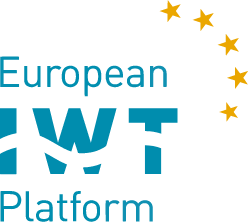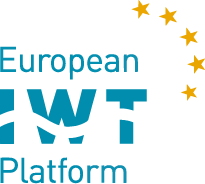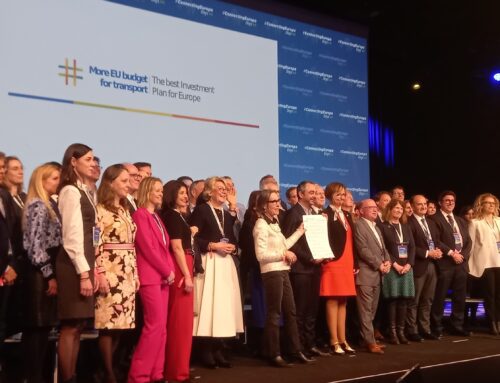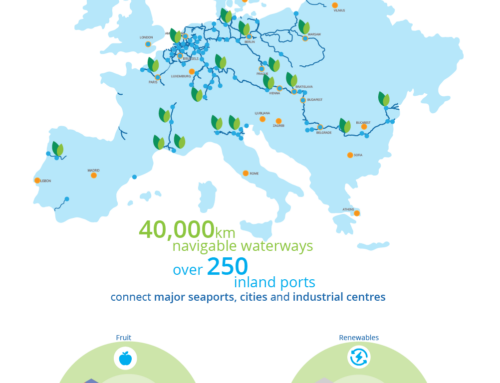Do you remember the Directive on the recognition of Professional Qualifications in Inland Navigation? The EU Directive 2017/2397 has been in force since December 2017.
What is happening right now though is that the clock is ticking fast and we are have already entered the final phase of its implementation. As a result, a year from now, on 17 January 2022, the transposition deadline will end. In practical terms it means that as of 18 January 2022, anyone involved in the operation of an inland waterway vessel on EU waterways must hold a certificate that meets the requirements of this Directive.
What is the Directive about?
This specific Directive regulates the requirements for obtaining all qualifications of the deck crew.
1) Regarding deck crew, the qualifications are divided into:
– operational level: boatman, able boatman, helmsman;
– management level: boatmaster.
2) Specific authorisations, such as:
– sailing with the aid of a radar;
– sailing on inland waterways with a maritime character;
– the requirements for logbook and service record book;
– the requirements for medical fitness.
Why is the Directive so important?
One aim of the Professional Qualifications Directive, with its harmonized standards for training and education is of course to contribute to further improving the – already high – level of safety in inland waterway transport. However, another crucial goal is to make the jobs in inland navigation more attractive for young people. They will be able to acquire the same qualifications everywhere, which will be recognized on all European inland waterways, opening up the professions and mobility across Europe.
The competences for each level are laid down in standards developed by the CESNI – European Committee for drawing up Standards in the field of Inland Navigation. CESNI is open to experts from all EU Member States and draws up standards, including those for professional qualifications, training and education.
The Directive emphasizes the importance of close international cooperation between the Union, the CCNR (Central Commission for the Navigation of the Rhine), European River Commissions, relevant international organizations, social partners and professional associations – all of them should be fully involved in the design of CESNI standards. The European Commission should refer to CESNI standards when adopting implementing and delegated acts.
Contribution of the IWT Platform
Representatives of the IWT Platform have worked on all standards in the relevant Committees of the CESNI and have contributed with their expertise. They have been very active in the competence standards for both operational and management levels, as well as in the standards for the specific authorizations, and also the practical and theoretical examinations.
If you would like to further examine the standards, you can find them at CESNI website, compiled in the ES-QIN 2019 Edition (European Standard for Qualifications in Inland Navigation).
Andrea Beckschäfer
25 February 2021






